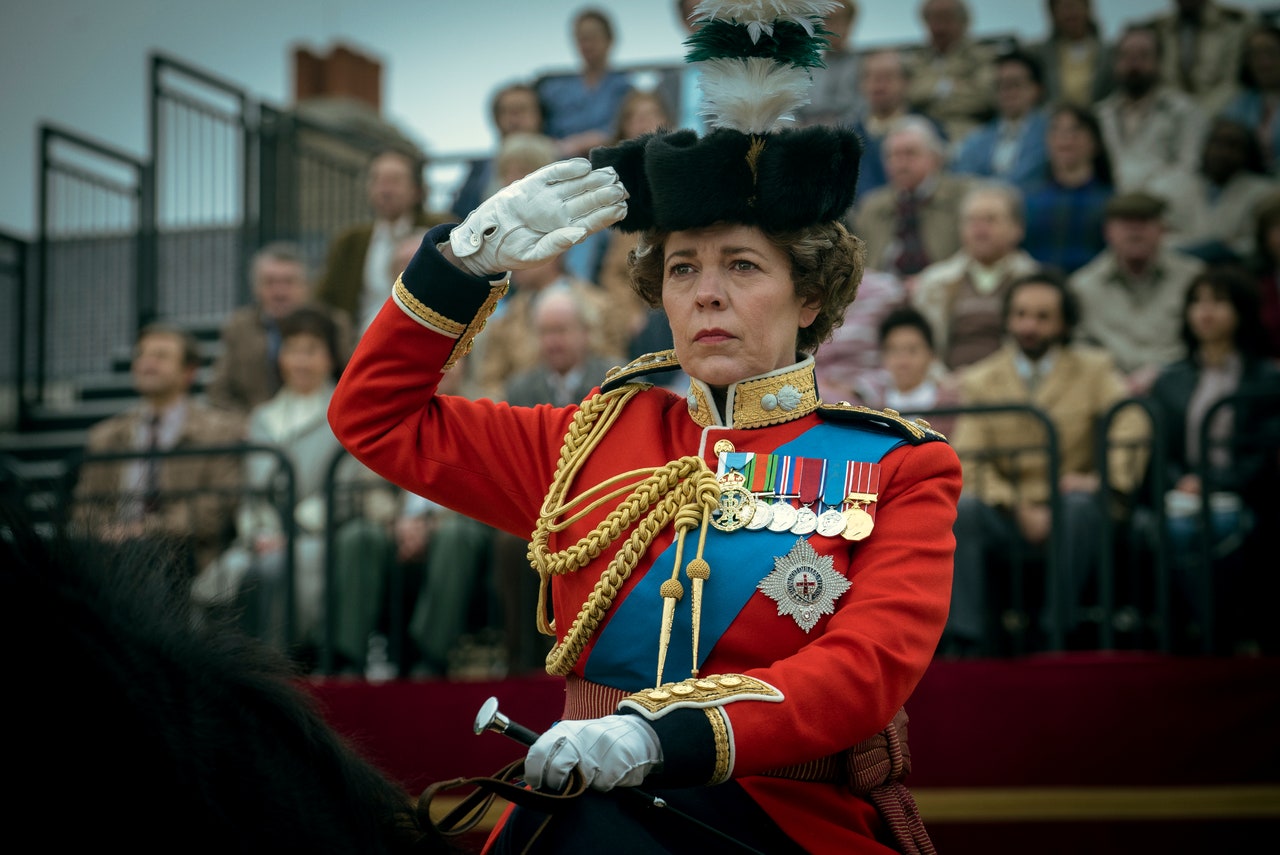A response to the call for ‘The Crown’ to carry a fiction warning
Oliver Dowden, the Secretary of State for Culture, Media and Sport, recently expressed that he feared “a generation of viewers who did not live through these events may mistake fiction for fact” concerning The Crown’s depiction of the Royal Family.
It’s shocking to believe that viewers would mistake The Crown for a documentary, or a reconstruction of the Royal Family’s lives. Historian Alex von Tunzelmann tweeted: “Netflix already tells people that The Crown is fiction. It’s billed as a drama. Those people in it are actors. I know! Blows your mind.”
Arguably, if its plot was entirely factual the show might not have been as popular, and it may have been left to rot with the other hundreds of royal programmes on Netflix otherwise
We are all aware of the concept of creative license, and yes, the show has received significant criticism for taking this too far. However, it ultimately comes down to its purpose to entertain. Arguably, if its plot was entirely factual the show might not have been as popular, and it may have been left to rot with the other hundreds of royal programmes on Netflix otherwise.
The comment that Dowden made is almost going against the creator’s freedom of expression – his remarks suggest we should not create a bad image of the royals. The Crown seems to be doing quite the opposite. We have been reminded of the Queen’s struggles when she unexpectedly had to take on the role, as well as issues regarding the elitist and classist views the monarchy and aristocrats held. Perhaps this was included for us to compare the progress – or lack thereof – that we have seen in recent years.
It can remind us of the clashes in opinion regarding Prince William marrying a “normal” middle-class girl, and the controversy Prince Harry and Megan’s relationship faced due to her disapproved background. The Crown itself is not explicitly drawing upon these modern examples. Instead, it causes us to have these critical conversations – how do we expect to cause changes in mindsets and concepts of social mobility if the TV industry is limited to showing just fact when concerning the Royal Family?
One of the most contested depictions is that of Charles’ marriage to Diana. Charles is shown calling Camilla Parker Bowles every day in the marriage’s early years. Diana is portrayed as a, frankly, juvenile character who throws tantrums when she does not get her way, such as demanding their plans get rearranged last minute when flying to Australia.
Despite The Crown’s inaccuracy, the show sheds light on social issues that some viewers, especially of the younger generation, may not have been aware of
Peter Morgan, The Crown’s creator and writer, comments that in terms of script writing that “it’s not what you leave in, but what you leave out that’s most important”. When speaking to the New York Times, he said Charles as a character is “one of those characters for whom you have sympathy and criticism in equal measure, a perhaps not uncommon attitude toward the monarchy in general”. Despite The Crown’s inaccuracy, the show sheds light on social issues that some viewers, especially of the younger generation, may not have been aware of. The show includes elements of all the nation’s histories – something that is often omitted from mainstream education. Events like the Aberfan disaster, mining strikes in the North of England and tensions with the IRA, have shaped the society we live in today. It is incredibly ignorant for many other fictional depictions of our history to discard them, and it’s refreshing to watch a show that is not entirely based around English politics, most of which tend to focus on the people of London and the South.
So, yes, The Crown is not entirely accurate. However, it allowed the creators to expose wider social issues, hook the audience and frankly make the royal family’s endeavours more entertaining than a documentary or headline could ever do.

Comments